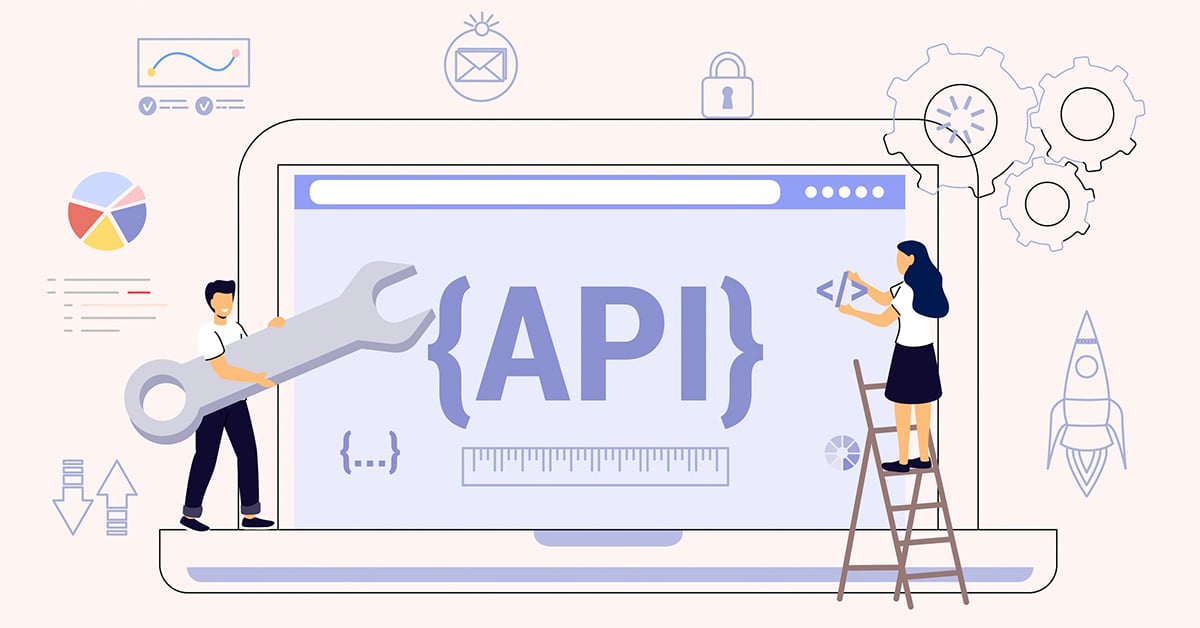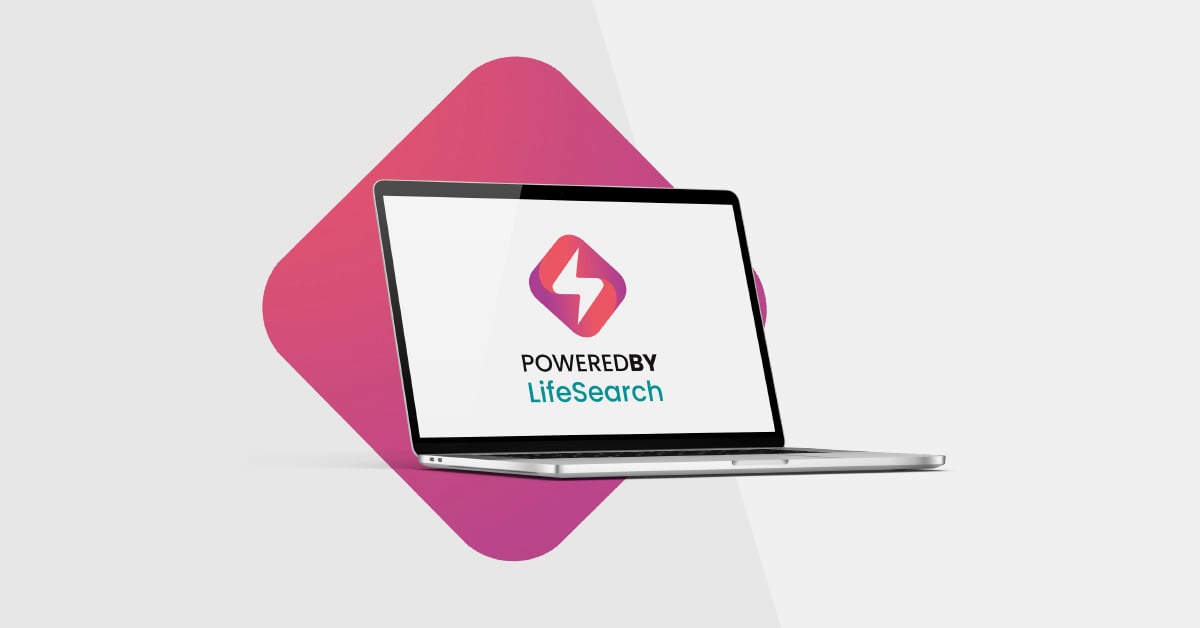The current difficult economic climate is driving businesses from across all sectors to diversify their revenue streams. And whilst releasing new products and expanding to new markets remain viable options, few solutions offer the comprehensive benefits of embedded finance.
Ride-hailing apps like Uber and challenger banks such as Monzo have leveraged embedded finance solutions for years. However, few businesses have more to gain than insurance and finance providers.
Comparison sites have a near-monopoly across the wider finance market. Aggregators have all the power whilst finance brands lack a direct route to market. Price is the key differentiator. And with budgetary restrictions making it impossible to compete using paid search and digital marketing, having the best price - or price versus value - and paying your fee to the aggregators has been the go-to strategy. Until now.
Embedded finance gets financial services brands to market using a fully-controllable method which avoids big marketing spend. And it’s working for brands of all sizes.
Appius has identified five factors that embedded finance providers should consider when approaching the market.
White label or API?
Plug-and-play white label solutions are ideal for brands seeking rapid deployment.
Some businesses want a safe bet; tried-and-tested products ensure they can deliver premium customer experiences with minimal delay. Pre-built models can also be customised with their own branding, allowing the system to be integrated into their own digital ecosystem and brand - but without the need for a development project to integrate to an application programme interface (API).
However, white label providers have to provide clearly defined development roadmaps and be able to offer robust service levels and security provision.
Alternatively, APIs enable partners to use your data and intel to build their own front-end solutions. Partners have full ownership of the final product and take responsibility for future brand, user experience (UX) and user interface (UI) updates. But whilst this is the simpler option for embedded insurance and finance providers, partners should be informed of the level of expertise required to create a premium product.

Customisation and scalability options?
Certain partners across both white label and API solutions will demand extensive customisation - particularly in terms of appearance.
White label providers have two options: offer a single customisation level that is consistent across all partners, or create a tiered framework (which can feature a ‘gold’ tier that is still white label but sees the embedded finance provider customise the front-end experience in unique ways). The latter can also be applied holistically to API, with larger partners arguing that their size warrants their own unique version.
It doesn’t matter if you’re collaborating with one partner or 100 partners - you will never control the flow of visitors to your white label product. Ensuring that your digital platform has headroom to grow and can cope with extensive traffic should be front-of-mind. And if your partners invest in large-scale digital marketing campaigns, the onus is on you to cope with demand.
Data usage
Analytics are the bread-and-butter for any partnership.
Insights around audience purchasing behaviours and browsing habits will guide future business activities. However, premium embedded finance providers understand how to balance this expectation against complying with privacy regulations. Providers must also find a way to effectively avoid users being forced to provide consent multiple times.
Providers have to consider how much data will be shared with partners within an embedded strategy - and how you can utilise it. Anonymous datasets offer one viable route; the other is to deploy a ring-fenced model whereby both parties have equal access to all available data.
The ability for partners to put their own tracking code onto the solution is essential. It must be robust enough to support affiliate commission models, and granular enough to provide meaningful conversion funnel data even in a single page application process.

Co-branded offering or total white label?
Brands purchasing embedded finance and insurance services are typically better known; their community recognises them for specialising in a particular product or service, and this trust allows them in turn to diversify. Leveraging the lead brand is key for conversion and maximising reach, however this can often lead to the provider's brand remaining unknown.
Co-branding can offer providers a way to raise their own profile through partner distribution, but the introduction of an unknown brand can cause consumers concern and so this approach must be carefully delivered and tested.
Appius’ customer LifeSearch have approached this by developing PoweredBy, a standalone brand specifically to support their flexible embedded insurance tools. PoweredBy LifeSearch - Embedded Life Cover for your Business
This approach allows them to protect their direct to consumer brand and deliver a best in class set of embedded insurance options that can be fully partner branded or co-branded on a case by case basis.

Selling to market and rollout strategy
Rigorous procurement is necessary to successfully sell your embedded finance and insurance solutions to market. Creating a structure that offers strong back-end support and ensuring systems are robust and penetration tested is paramount - as is delivering digital and software assistance down the line.
There are three cost models available to embedded finance providers. You can opt for a fixed-term licence fee - but this means considering how much is paid upfront versus how much is based on the model’s success. Taking a percentage of every transaction completed through the platform is another viable option - as is a hybrid set-up that combines the two.
Creating a standardised, low-maintenance onboarding strategy enables you to seamlessly duplicate the process whenever you acquire new partners. The ability to stand up solutions at a moment’s notice and demonstrate how your product can be integrated into any set-up will bolster your selling capabilities. Hiring for new roles can help achieve this - a Partner Implementation Manager can focus solely on taking the product from supplier to partner.
The final challenge facing embedded services providers is selling the product. Your key stakeholder at your potential partner business might be a product champion branching out into finance or insurance and needing to show a route to market to a new revenue stream. They need to gain comfort in a provider and a new product experience, and you need to demonstrate the maturity and flexibility of your embedded finance offering.
Having the capability to easily demo the solution, preferably with some potential partner branding along with high impact proof points about your capability, service offering and revenue generation potential is key.
If you are considering creating a white label or embedded service offerings or have an existing service that you are looking to enhance we would love to discuss this with you. Use the contact form to get in touch.

.jpeg?width=120&height=120&name=Image%20(2).jpeg)



SUBMIT YOUR COMMENT